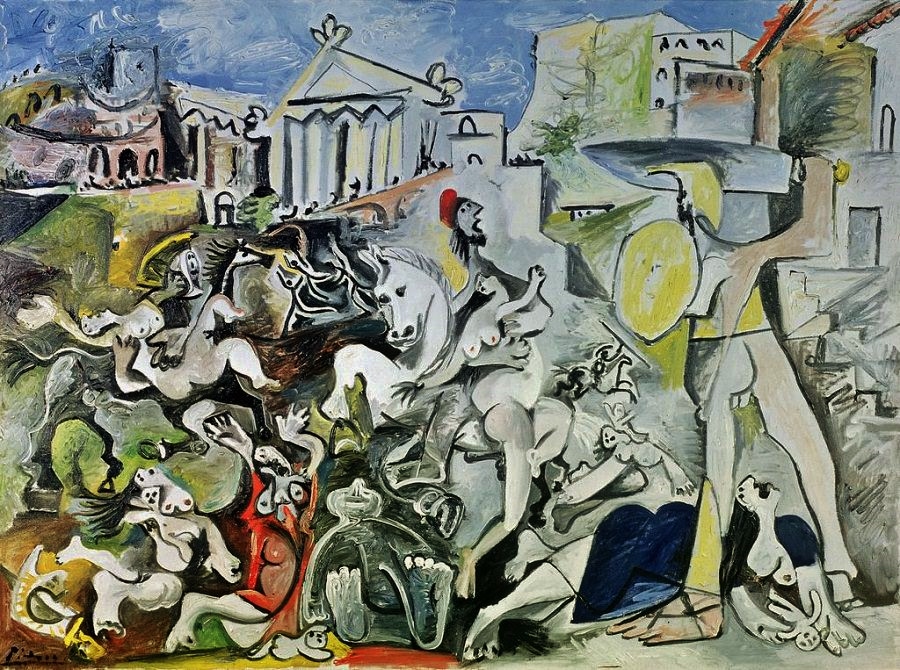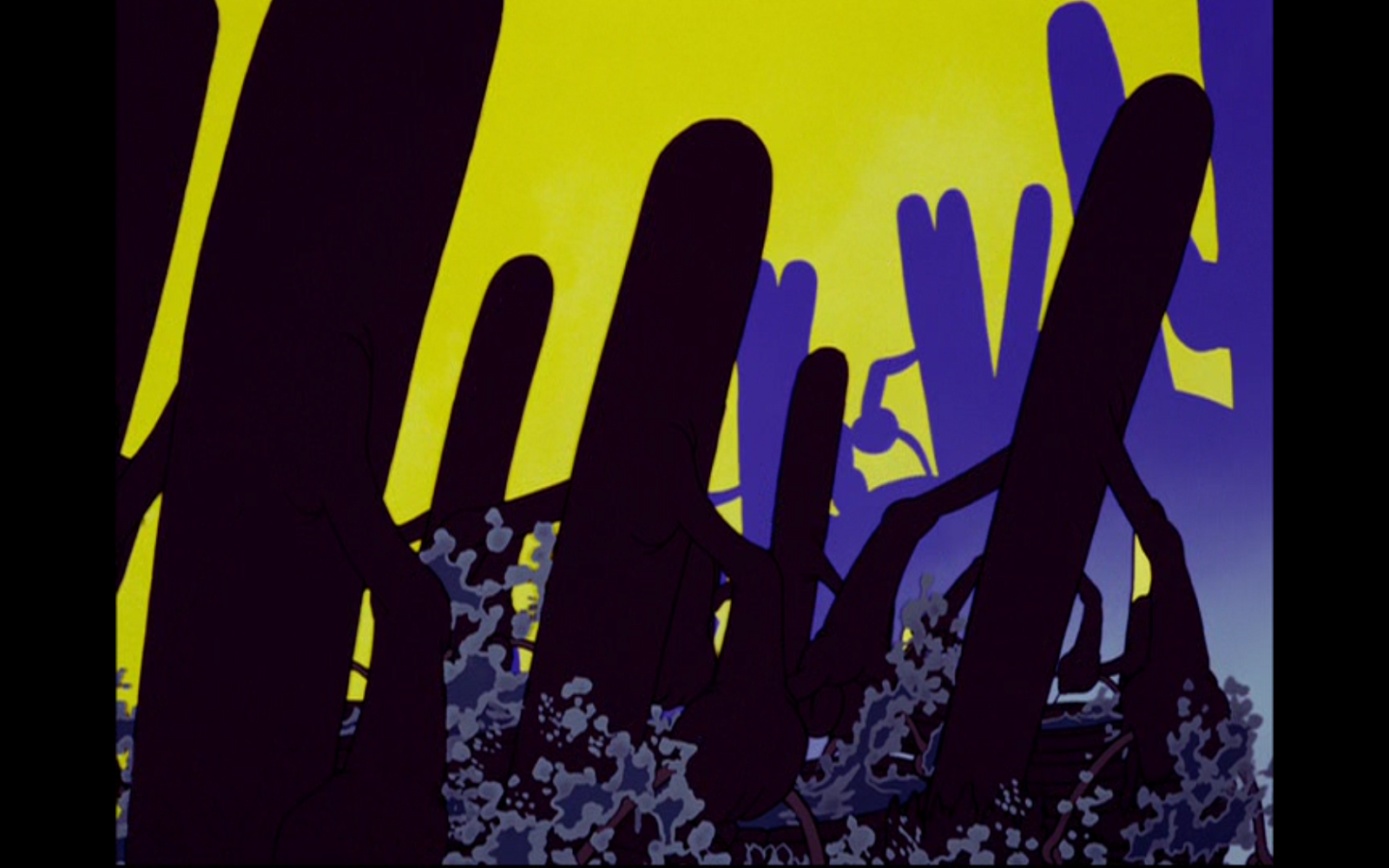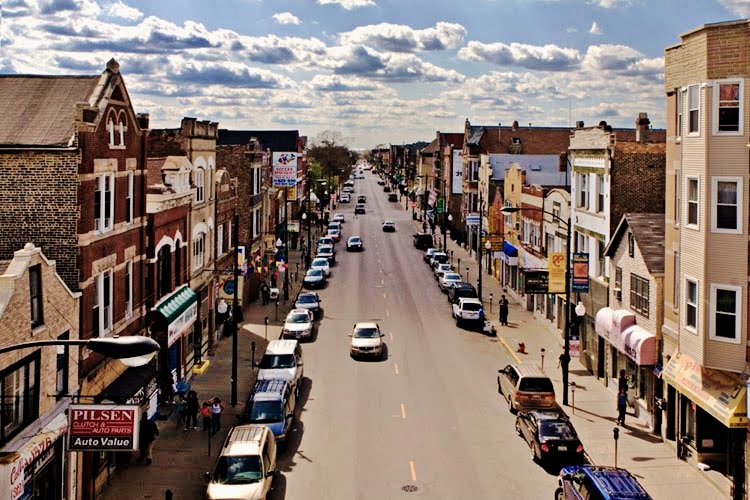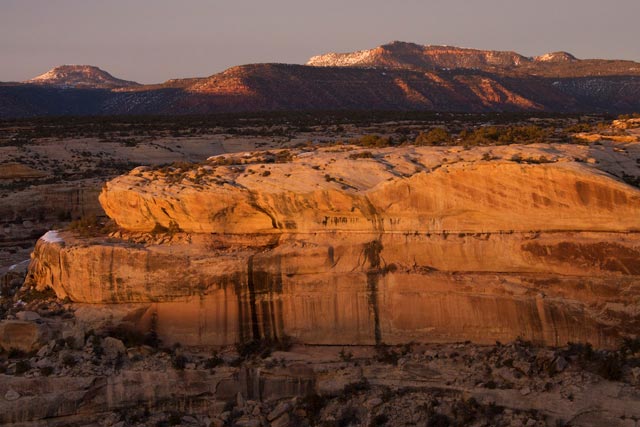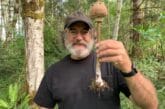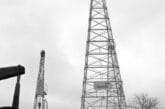Across the US, inspired by the success of Portland’s streetcar and a movement toward downtown revitalization and expanding public transit alternatives, projects enhancing place mobility move forward despite controversy.
Recent Posts
Orwell’s Dystopian Vision Happening Now
John Pilger writes on how George Orwell’s dystopian vision of the future in 1984 is happening today in the form of media manipulation and unnecessary wars, and the movement goes unchallenged.
Goethe’s “Sorcerer’s Apprentice”: Power Over Wisdom
“The Sorcerer’s Apprentice,” an ages-old fairy tale interpreted as a poem by Goethe, made famous today by Disney’s “Fantasia,” illustrated the dangers of power over wisdom, and the risk of human creations getting out of control.
Green Urbanism: Balancing Environmental Justice with Gentrification
Is it possible for urban planners to make places more attractive and healthy, without then making them more expensive? Rebecca Tuhus-Dubrow investigates recent research into the ongoing debate about environmental gentrification.
Utah Tar Sands: In the US, Good Guys Go To Jail
Last month, twenty-one people were arrested engaging in peaceful civil disobedience in protest of a proposed tar sands mine in northeastern Utah, which would threaten local land and water, as well as contributing to the global climate crisis. As the wheel of justice turn, national environmental organizations expressed their solidarity with the protesters who stood for our freedom from dirty fossil fuels and devastating climate impacts.
US Jewish Leader: In Palestine, Sovereignty Means Peace
A former leader of American Jewish Congress has strongly condemned Israel’s war on the Gaza Strip, saying “the Zionist dream is based on slaughter of innocents.” Henry Siegman, now President of the US/Middle East Project, spoke recently on Democracy Now on the need to end the occupation and grant sovereignty to the Palestinian People to end this conflict.
Palestine, War and the Responsibility of Colonial Power
To achieve justice and peace in Israel, its popular portrayal as the victim of Palestinian aggression must be replaced with the state accepting responsibility in its role as a colonial power with all the attendant political, military, and financial hegemony. As an occupying power, they must protect the civilian population, and their actions must be proportional and measured towards perceived injustice, granting rights and self determination to the Palestinian people. Otherwise, war, death, hatred, and instability will continue. Essay by Ajamu Baraka with two films by John Pilger.


